Magazine
How Much Moisturizer Should I Use?
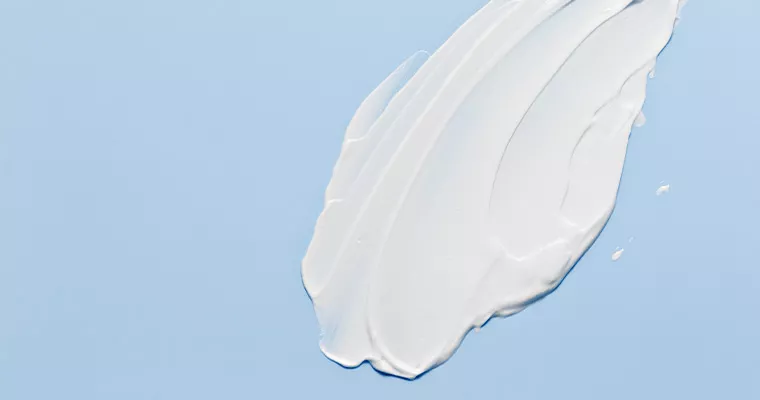
Every man can benefit from added moisture to their skin. Although our bodies naturally moisturize themselves, other factors like diet, weather, and exercise can alter our hydration levels. The last thing we want is to be walking around with dry, flaky skin.
Particle is here to keep that from happening. Read on to learn the benefits of moisturizer, how to select the right product for you, how to apply it correctly, and other methods for keeping your skin hydrated.
Moisturizer
There are several reasons that moisturizer should be a part of your daily skincare routine. Moisturizing consistently can strengthen the moisture barrier, treat irritated skin, soothe redness and itchiness, restore dry skin, and prevent premature aging by minimizing the appearance of fine lines.
This can also contribute to the prevention of other unwanted skin conditions. For example, skin lacking in moisture will often be dry and flaky. Dead skin cells mixed with sebum, dirt, or bacteria can clog your pores.
To receive all of the benefits of moisturizing, you need to be using the right formula for your skin. One of the best ways to do this is by considering your skin type when making your selection.
Identifying whether your skin type is normal, dry, oily, combination, or sensitive and, in turn, knowing what your skin is most in need of will help to guide you as you choose your moisturizer.
For example, if your skin type is oily, you should opt for a water-based moisturizer to skip clogging. If your skin type is dry, consider a richer, thicker moisturizer as you may need more hydration than other men.
The most important thing is selecting a moisturizer that contains ingredients to keep your skin balanced and hydrated. Moisturizers typically contain ingredients that fall under one of three categories: humectants, occlusives, and emollients.
Humectant is an agent that attracts moisture. Occlusives help to seal moisture within the skin. Emollients help soften dry, rough skin.
Check the ingredients in your moisturizer before applying them to your skin, and keep in mind that natural ingredients are always safer options than anything synthetic. Check to see how many natural ingredients are in your moisturizer, and check to see what benefits they have to offer to your skin.
Particle Face Cream sets a precedent when it comes to ingredients. The premium 6-in-1 cream uses a combination of high-grade ingredients to provide you with a healthy complexion.
For example, the product contains jojoba oil whose soothing properties reduce dryness and lactic acid, which improves the natural moisture levels. See the full list here.
Particle Face Cream is a radical innovation in men’s skincare designed for safe use on all skin tones and sensitivity levels. Though individual results may vary, you should begin to see results within one to three weeks by using the cream daily.
Applying Your Moisturizer
Now that you know all about selecting your moisturizer, we can begin to discuss applying it. It is important to note that exact instructions may depend on the product you are using. Consult with your dermatologist for the best application method if you are unsure how to apply your moisturizer.
However, moisturizer should be applied gently every morning and every night after cleansing your face. Refrain from over-moisturizing to avoid clogging and breakouts. A Dime
-sized amount should be enough.
Other Moisturizing Tips
In addition to using a moisturizer every day, you can support your skin’s moisture levels in other ways.
Consume More Water
Drinking enough water every day can help you maintain a balanced pH level, support your skin’s elasticity, and keep your skin healthy and moist. How much water you should drink every day will vary based on build and lifestyle, but the average recommendation for men is about 15.5 cups of fluids.
You can also increase your water intake by consuming foods rich in water.
There are several fruits with high water content, like watermelon and strawberries. Watermelon has a water content of 92 percent. Just one cup of the fruit can offer you over half a cup of water. And strawberries are nearly as hydrating with a water content of 91 percent.
If you prefer vegetables, we recommend lettuce and cucumber. Lettuce has a water content of 96 percent and cucumber 95 percent. Another benefit of both is that they are extremely low in calories.
Believe it or not, there are foods outside of fruits and vegetables that are also good for increasing your water intake. For example, there are several dairy products rich in water.
Skim milk has a water content of 91 percent, plain yogurt has a water content of 88 percent, and cottage cheese has a water content of 80 percent.
Use a Humidifier
When the climate is cold, or the air is dry, it typically lacks humidity. This means that spending time outside on a winter day or inside with the heat on can reduce the rate of sebum production in your skin and cause it to dry out.
An easy fix for preventing this and protecting your skin’s moisture levels is keeping a humidifier nearby at home or work.
Humidifiers are designed to emit moisture into the air. When the air lacks moisture, it will attempt to draw it out from other sources, including your skin. This typically results in dryness and itchiness, not only of the skin but sometimes nose and eyes.
By using your humidifier to return natural moisturizing agents into the air, you can avoid this happening to your skin and maintain healthy skin even on the coldest, driest days.
Conclusion
Keeping your skin moisturized is essential for maintaining a healthy and handsome complexion.
Now that you know the makings of a good moisturizer, find the product that best suits your skin type and contains natural ingredients, and remember to apply a dime-sized amount to your face every morning and every night.
For extra support, you can monitor your water intake and use tools like humidifiers for hydration.
Consistency is key. By practicing healthy moisturizing habits daily, your skin should continue to look and feel great.
Sources:
Hydration status and health | NCBI
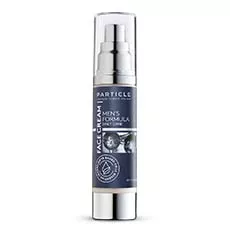
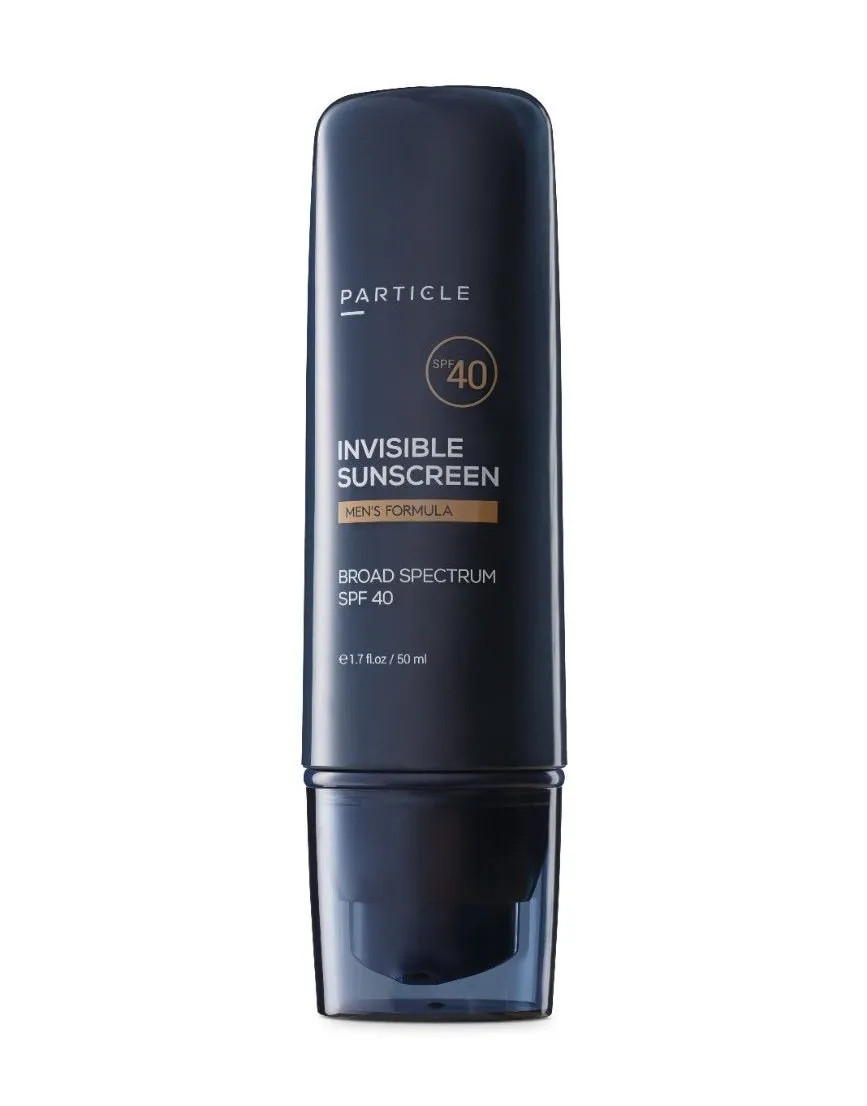
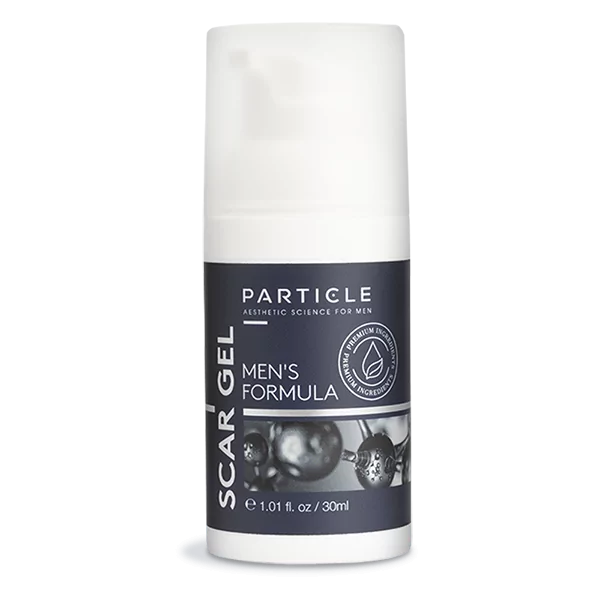
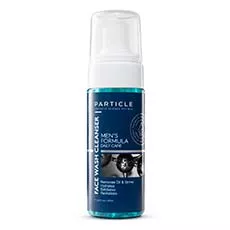
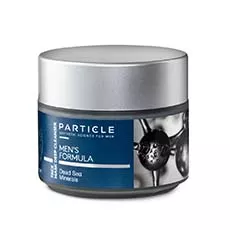
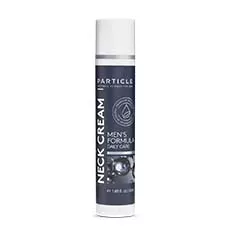
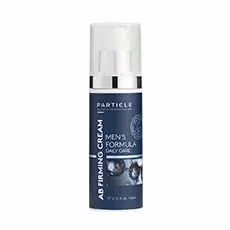
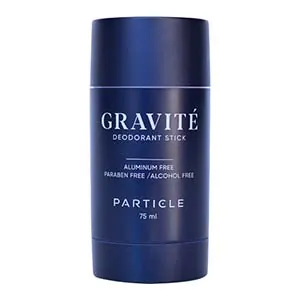
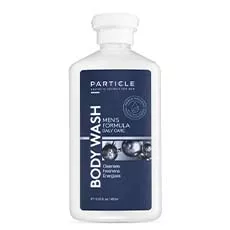
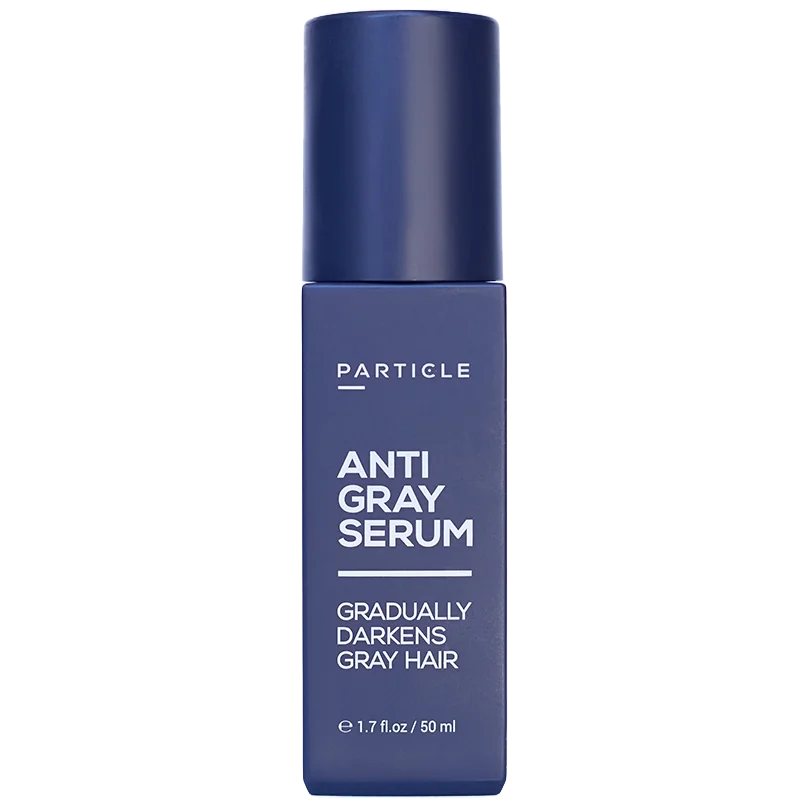
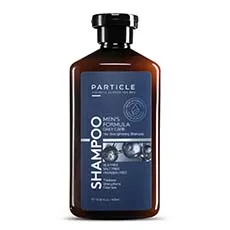
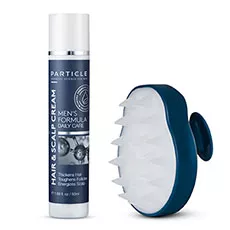
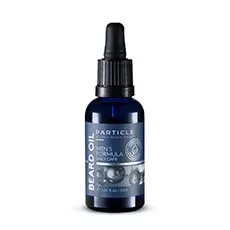
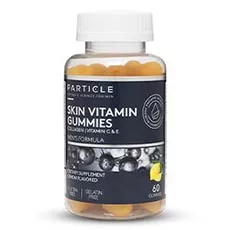
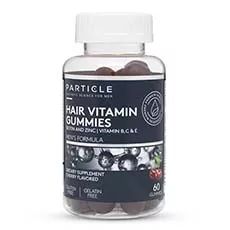
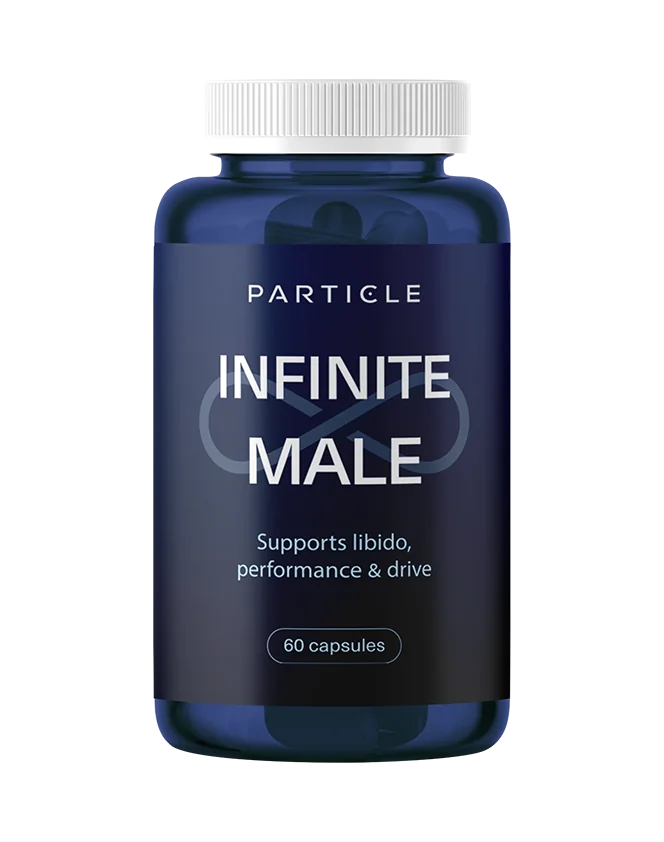
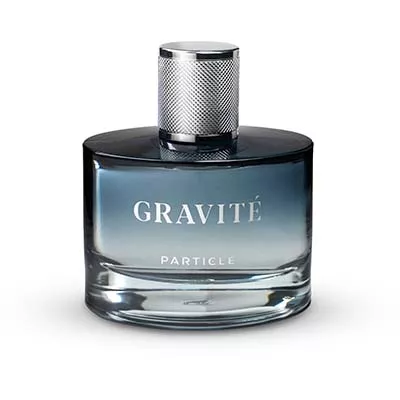

 en
en















